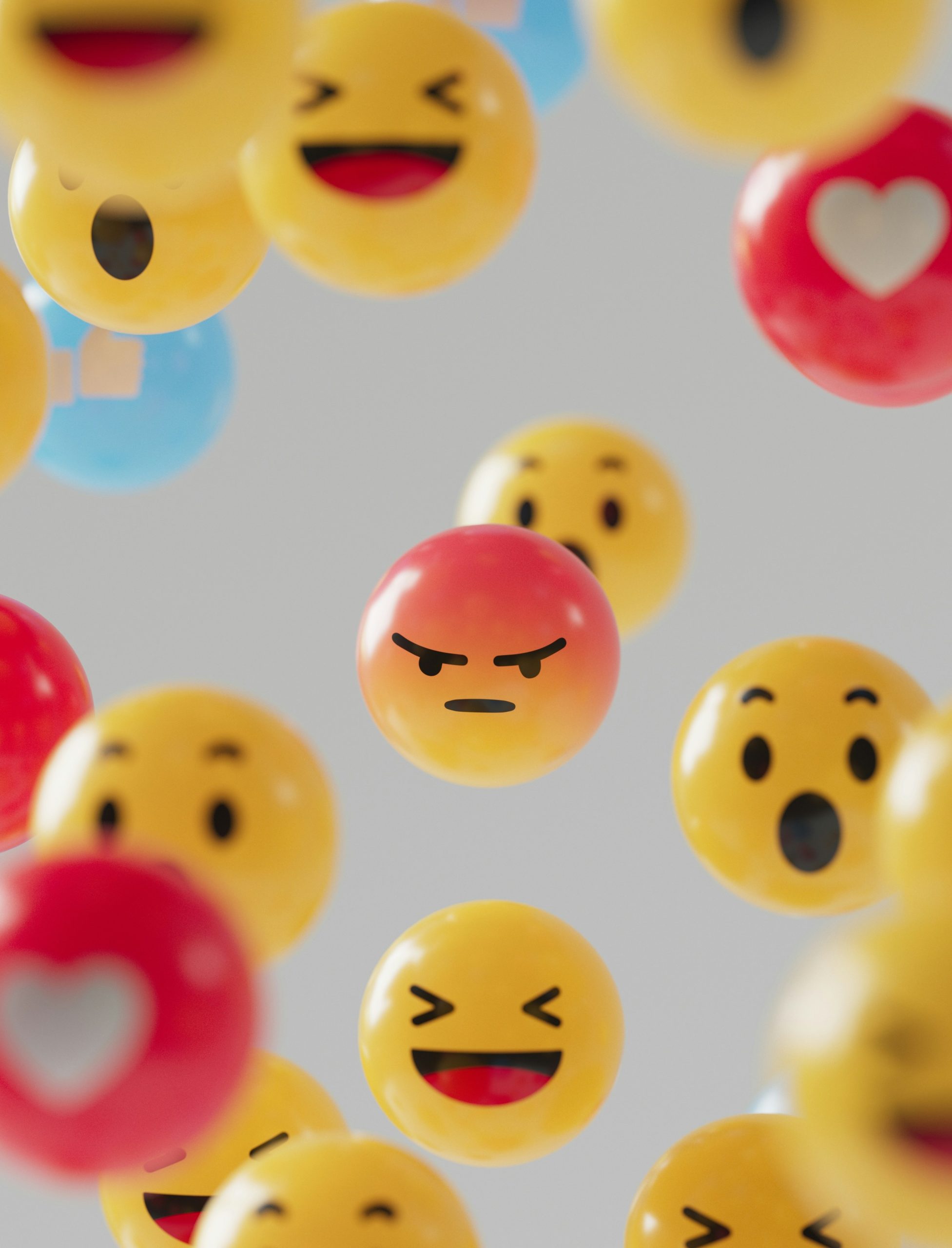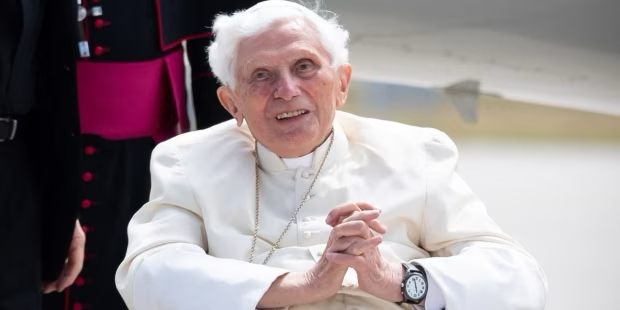Emmanuel L. Di Rossetti
-
What is the purpose of tradition?
Tradition demands constant conversion. It's no easy task! Tradition requires a perpetual effort. And even the most important effort of all: that of not forgetting. Tradition is of little use for remembering; its primary purpose is to prevent forgetting. It loses its… Continue reading
-
The froth of lives

Can we still find refuge in our inner lives, rebel against this world that loves nothing but the external and its procession of emotions pushed to their extreme, and that distorts lives to make them all similar and ghostly? Continue reading
-
The family's tasks
Why do we think it's easy to have a family? We think it's easy what is natural. Yet, the sense of what is natural has evaporated by forgetting its law. So it is with love. Love is born of the law, it dies when it is trampled underfoot. Love perishes under the blows of anarchy, which confuses and conceals love. Love takes on other guises. How can we believe that it is enough to… Continue reading
-
The gold digger

One day, his only desire, he fulfilled it effortlessly each day. He would get up and mentally count the time it took him to do it. He counted the time as if he controlled it even as it slipped away. He knew his age, but he stubbornly refused to be caught off guard by its effects. He sought his… Continue reading
-
Social gathering at the Vatican
It's always a surprise to discover, as this morning, an interview with someone, whether well-known or not, but representative of our time, admitting that their meeting with Pope Francis was one of the most significant moments of their life, yet drawing no action from it. As if this encounter were meant to be just another moment among many… Continue reading
-
Sundays
Is it Sunday? It's Sunday! Breathing in the dawning day as if speaking to no one in particular, Savoring a hearty breakfast, it's a day of celebration, let's not forget it, or rather, let's remember it. Getting ready for a big day, the big day! Listening to a grumpy taxi driver complain about the state of the world, Distracting oneself from this conversation, as from any discussion, Getting in… Continue reading
-
Prayer, every morning of the world.
How wonderful these senses are! All these visual, tactile, auditory, gustatory, and olfactory impressions return and form memory, the very place where the mind resides. What poetry! Continue reading
-
An outline on authority, or a definition of the progressive.
Following the article, "Why this hatred of authority?", I received numerous reactions. The first was to confuse, or ask me not to confuse, power and authority. Here, we can observe one thing: many people on social media still accept this distinction. It even marks, for them… Continue reading
stupidity , Catholicism , counter-revolution , Ernst Jünger , ethics , history , progressivism , religion -
Exile, migrants and the Holy Father (2)
Reflections on the Holy Father's various statements concerning migrants: The migrants arriving in Europe today are not all fleeing a catastrophic situation. They often arrive with broad smiles. They do not all appear destitute. They show no nostalgia for their homeland and arrive in large numbers to find a new life… Continue reading
-
Exile, migrants and the Holy Father
One only needs to listen to the captivating music of a few tangos—Carlos Gardel, of course, Astor Piazzolla too, and others—who sang of exile, of distance, of the inaccessible, to dispel their melancholy and live, for the duration of a song, in the combined joy of their memories and their hopes, to feel the distress… Continue reading
-
Why this hatred of authority?

Authority resembles those secret agents so dear to Graham Greene, who conceal their identity to avoid losing it further in a disastrous encounter. It still has a few devotees who cherish it and deploy considerable ingenuity to define it, redefine it, so that it is understood by its time. To this end, they draw a parallel with… Continue reading
-
What is the problem with Paul VI's mass?
More than fifty years ago, the Catholic Church adopted a new Mass that broke with Church tradition in an unprecedented way. The reformers, however, had not anticipated that the traditional Mass would outlive them. They were even convinced of the opposite. And they used every means at their disposal to… Continue reading
-
Letter to Pope Francis regarding the Mass
Preamble This letter to Pope Francis was initially written for La Voie Romaine 1 to bear witness to the beauty and efficacy of the traditional Roman Rite and to express the shock caused by the motu proprio, Traditionis custodes, published on July 16, 2021, by Pope Francis. Holy Father, I was extricating myself from a terrible… Continue reading
-
Benedict XVI in Paradise!

— Is it morning or evening? My breath caught, then came back. As if it were showing signs of malfunction. It was failing me. My lungs were leaving me. I breathed that I was ready. My God, how I love it! But then, my breath returned, as if nothing had happened, as if it had just stepped out to run an errand. The memory came out… Continue reading